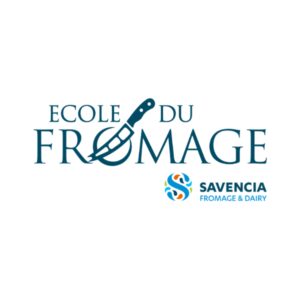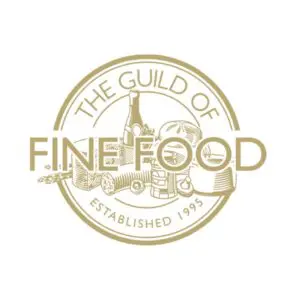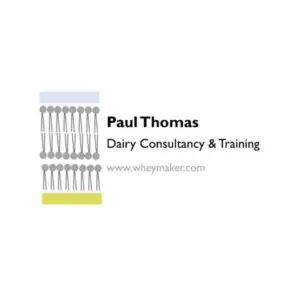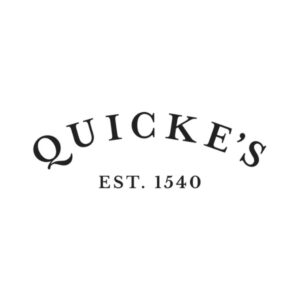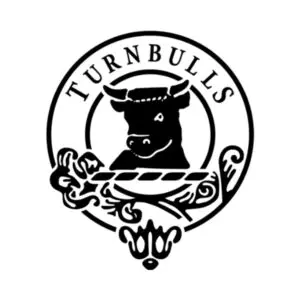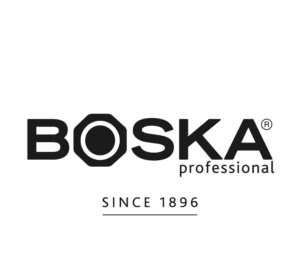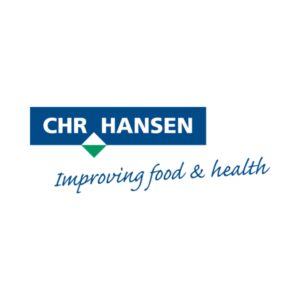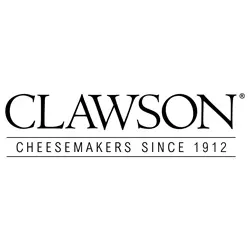The current conflict in Ukraine is a major blow to what was a rapidly growing industry, including the devastating, but unavoidable decision to move the World Cheese Awards from Kyiv. However, the saying “out of adversity comes opportunity” may never have been more apparent than on this occasion.
The Cheese Industry in Ukraine
Here, Oksana Chernova, a professional cheese expert at the ProCheese Academy, a training project for cheesemakers and mongers in Ukraine, talks about the current state of their cheese industry. Oksana also works for the Ardis group (Ukrainian importer and producer of cheese), who have been developing the culture of cheese consumption in Ukraine for about 22 years, with its own production of fresh cheeses.
Oksana had huge plans for this upcoming year, such as hosting the awards in November: “we have been working on it for a long time and finally received the right to become the first country in Eastern Europe to host this competition”
She continues by saying that she felt cheese industry professionals from around the world would be surprised by what her fellow cheesemakers had to exhibit to the world.
“I am confident our country has something to be proud of in terms of cheese. There are about 300 cheesemakers in Ukraine, and their number is only growing. Cheese consumption per year has also increased. Last year it was about 5 kg per capita. I am convinced that Ukraine has great potential for cheese production and consumption.”
And that it does, with the growing recognition of their legendary Carpathian cheeses, Brynza, Vurda and Budz, of which Brynza has already obtained protection by geographical origin.
There is also a growing trend amongst cheesemongers for European-style recipes which retain authentic Ukrainian idiosyncrasies, for instance, Gouda-type cheese with nettles. Traditionally, consumers have preferred semi-hard and fresh cheeses, but with the development of the industry, Ukrainians have begun to love mould-ripened cheeses and hard-aged cheeses.
Many cheese factories in recent years, in addition to developing new cheese recipes, have been constantly learning, improving their skills, creating maturation chambers, and mastering the art of affinage.
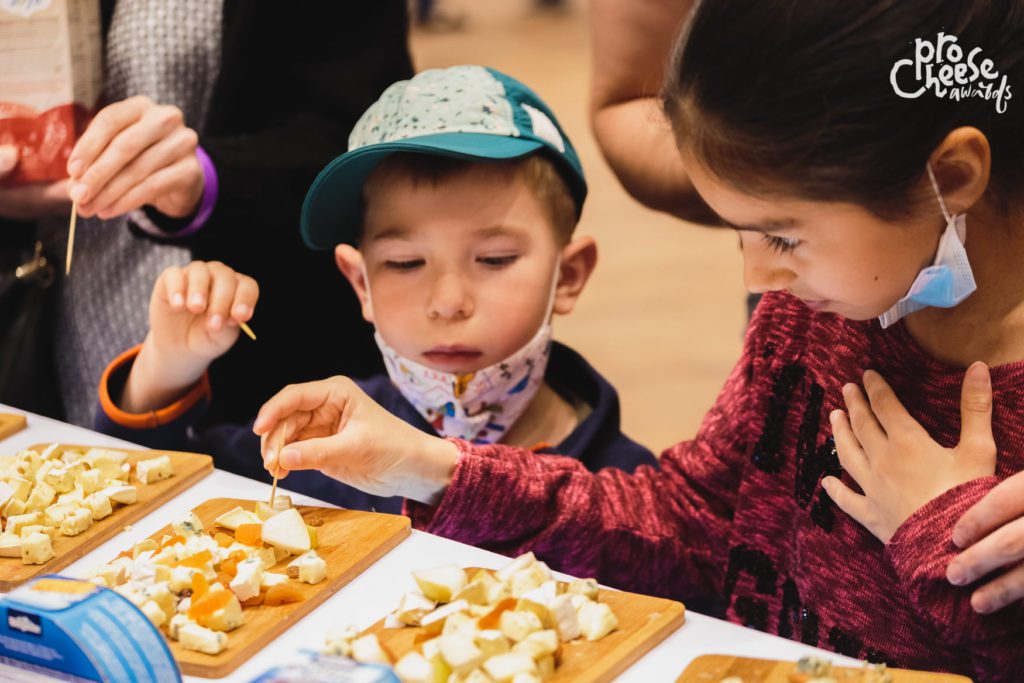
Supply & Demand Pressures
However, there are many sectors of the industry that have been affected by the war, not least that of the destroyed premises. There have also been devastating disruptions to supply chains; labour and animal shortages; ongoing ingredient and equipment supply issues; huge reductions in sales volumes due to the inability to deliver to combat zones and an overall drop in disposable income, resulting in the need of the consumer to buy cheaper goods and basic necessities.
Whilst these factors have caused some cheesemakers to temporarily stop working, others have adapted and readjusted their production.
Adaptation and Diversification
For many cheesemakers, both industrial and artisanal, sales to stores and retail chains are currently limited. As a consequence, the workers are now mastering the role of cheese mongering, going out to sell cheese wherever possible: in markets, in homemade kiosks, or in cities directly from their cars.
And whilst many suppliers froze aged cheeses in their warehouses, others have begun to alter their production processes and begin working with fresh cheeses and sour-milk products. As is the case of the Jersey artisan cheese producer, who has stopped selling aged cheeses and has rebuilt to produce more relevant products for today — fresh cheeses and dairy products.
Positive moments and prospects
It is easy to decipher Oksana’s pride in her industry as she tells us stories of bravery, such as those of the cheesemakers who actively provide assistance to the defense, migrants, and the Armed Forces in their regions, or of the farmers facing problems selling milk in the first weeks of the war who travelled to villages and towns, distributing milk to people in need.
And she talks of the optimism that still holds strong amongst the industry: “Almost no one has given up on the goals that were set before the war. For example, our production Molochna Maysternya did not stop its activity, has resumed its supply in Ukraine, and is actively seeking opportunities to export its products abroad.
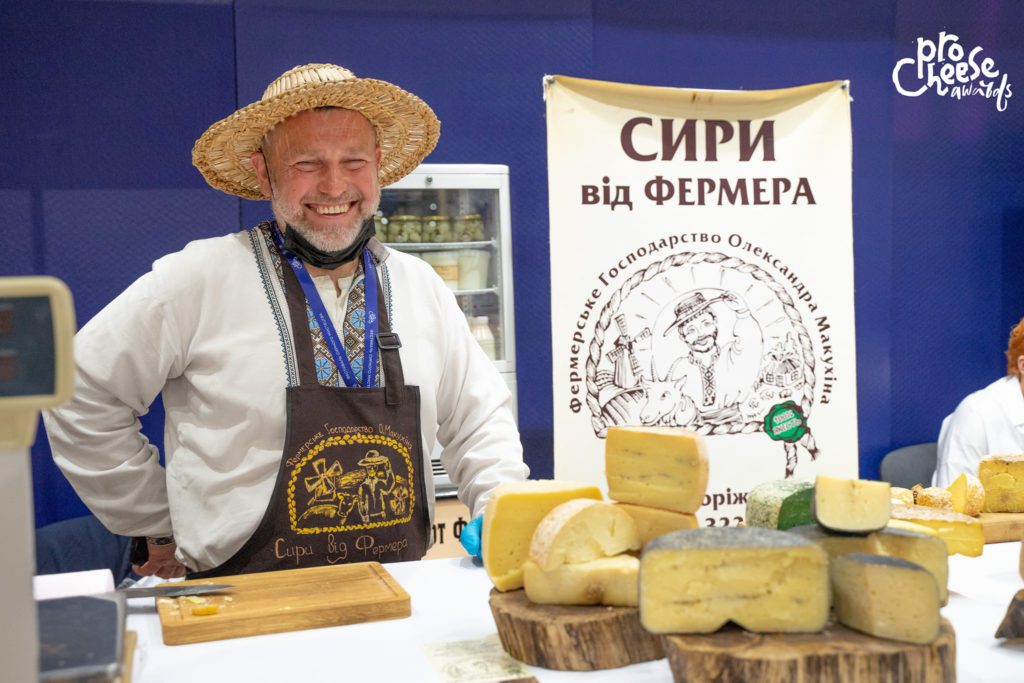
We are currently working on resuming and stabilizing Ukraine’s cheese industry: establishing a joint distribution partnership, involving the global cheese community in the needs of Ukrainian cheesemakers, communicating with cheese schools about training opportunities, communicating with WCA, and planning to develop a charity project to help Ukrainian cheesemongers and cheesemakers.”
Oksana still has hopes that Ukraine will again be given the opportunity to host the World Cheese Awards “All cheesemakers in Ukraine have been waiting for this event.…. And everyone understands that when people unite around their passion from different parts of the world, it shows how global and diverse the world is… So we will be waiting for you later in Ukraine to introduce you to our huge potential with cheese and a desire to live and work under a peaceful sky.”
Disclaimer: the original article and words provided have been altered slightly to allow for language disparities.

Rachel Holding | Academy of Cheese Writer
Rachel loves a good cheese and wine session. Her love of all cheeses, artisanal or otherwise, has grown from her early years of working on the cheese counter at Fortnum & Mason. She has a personal mission to taste as many cheeses as possible and to encourage this passion in others.
